Announcement: NOVIS Speakers 2020 EFDN Conference
EFDN is proud to introduce the presenters of the No Violence in Sport (NOVIS) Project for the 2020 EFDN Conference. A diverse team of professors, coaches and experts in CSR in sports will introduce the NOVIS Project, its objectives and methodologies.
The overall purpose of the NOVIS project is to prevent and fight incidents of violence, racism and any form of intolerance in sports, particularly in youth sport sectors and at amateur level. The specific objectives include:
- Educating young people to the true sport culture and real values of sport
- Develop and model the training activities through a teacher’s methodological guide and Open Educational Resources
- Promoting active participation of sport stakeholders (sport clubs) in combating violence in sport
- Raising awareness on the importance of combating violence and racism in sport
- Sharing experiences and best practices in the field of the project
The speakers for the NOVIS presentation at the EFDN Conference will be:
- Fabio Croci, Project Manager at Centro Studi “Cultura Sviluppo”: Introduction to NOVIS
- Magdalena Camenidis, Physical Education Teacher at the Romanian National Institute for Sport Research: Best Practices of the NOVIS Project in Romanian Schools
- Ivana Markov Čikić, Professor at the Belgrade College of Sports and Health: How Media and Motivational Processes Could Help to Prevent Violence in Sport
- Ricard Ventura, Men’s Head Basketball Coach at Club Basquet Granollers: Best Practices of the NOVIS Project in a Sports Club – Working With Parents
- Bujar Saiti, Professor at Saint Cyril and Methodious University of Skopje: How Can Sport Serve as Educative Content for Youth?
- Aleksandar Ivanovski, Assistant Director at the Belgrade College of Sports and Health: Positive Spirit Through the Game and Sport Against Violence
- Francesca Vitali, Researcher at the University of Verona and Consultant for the Center for Youth Sports Formation (CGFS ASD): NOVIS Methodological Guide – Aims and Content; Conclusions and Future Perspectives

Ms. Ivana Markov Čikić, PhD 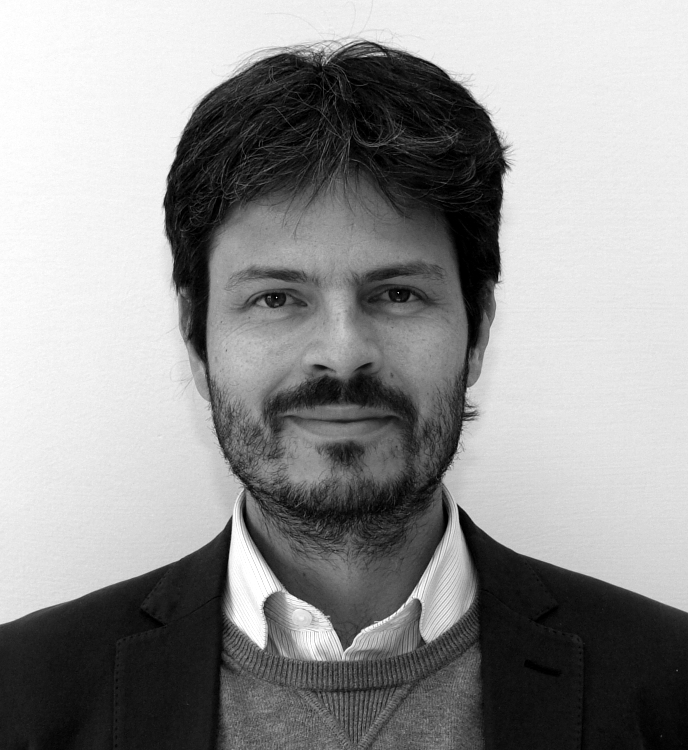
Dr. Fabio Croci 
Prof. Francesca Vitali 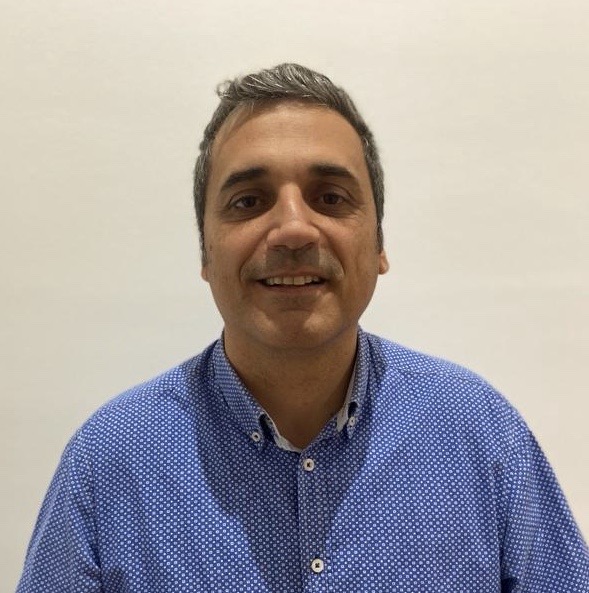
Mr. Ricard Ventura 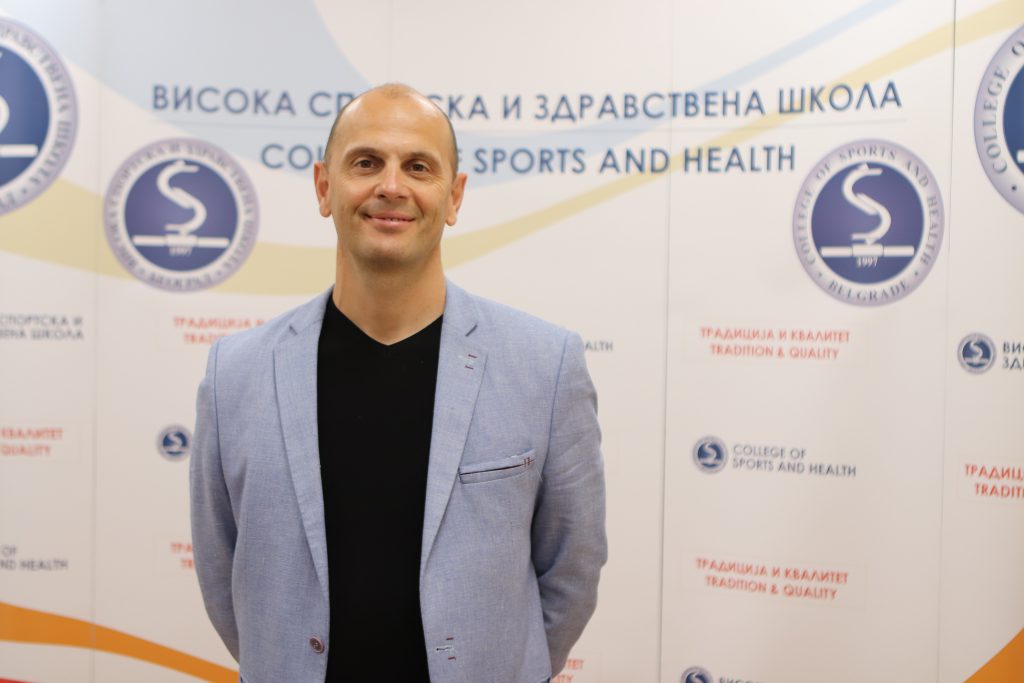
Mr. Aleksandar Ivanovski, PhD 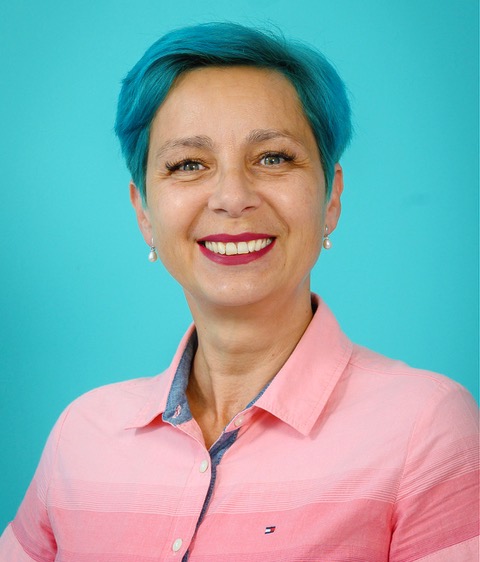
Mrs. Magdalena Camenidis 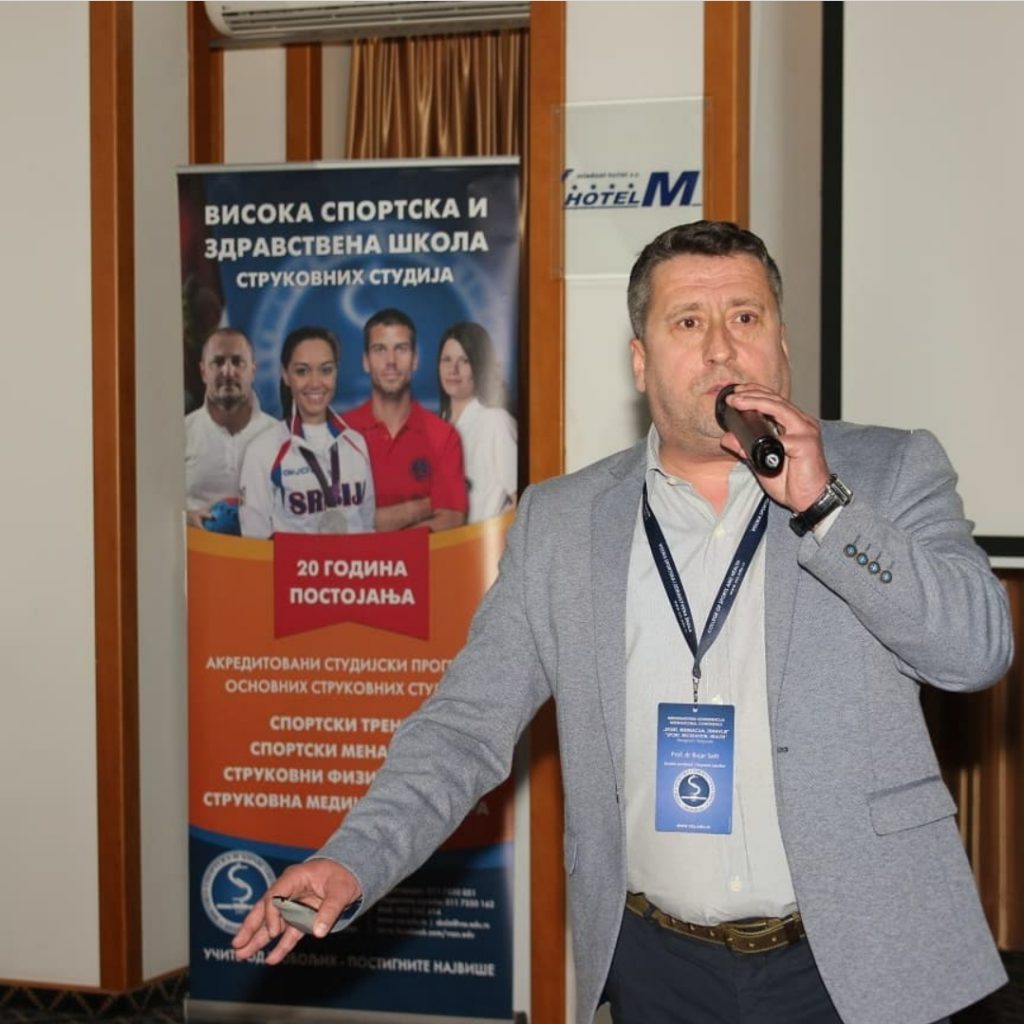
Mr. Bujar Saiti, PhD



